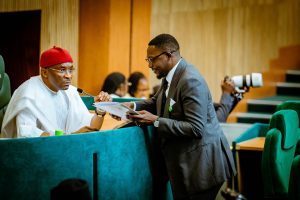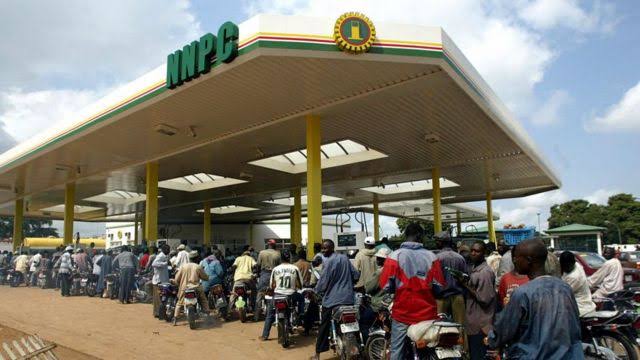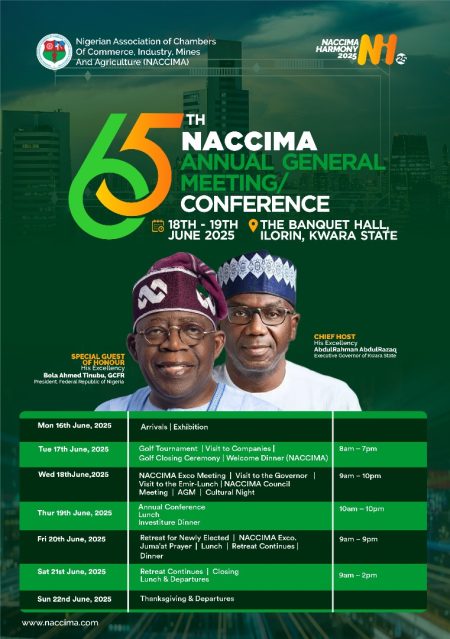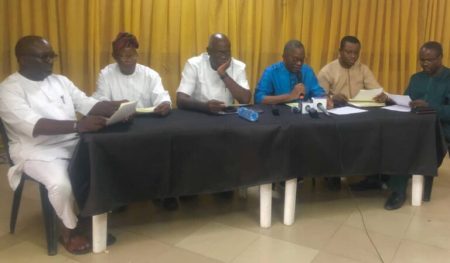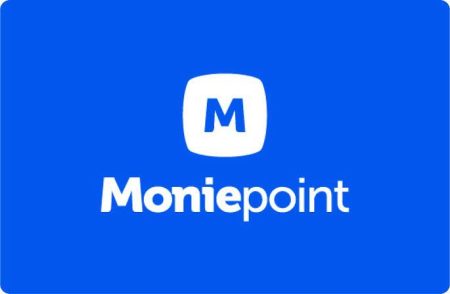The Nigerian National Petroleum Company Limited (NNPC) has announced the new prices for petrol sourced from the Dangote Refinery, revealing that a litre of Premium Motor Spirit (PMS) will cost N950 in Lagos, while prices in Abuja, Kano, and Sokoto will soar as high as N999.22 per litre. In certain northern states, such as Borno, the price could reach N1,019 per litre, depending on logistics. This marks a significant shift in petrol pricing across the country, with varying costs based on geographical location.
In a statement issued on Monday, Olufemi Soneye, NNPC spokesperson, said that the new prices are determined by logistics costs and will vary from state to state. He clarified that, as per the Petroleum Industry Act, petrol prices are no longer regulated by the government but are determined through negotiations between parties.
“The NNPC Ltd has released estimated prices of Premium Motor Spirit, also known as petrol (obtained from the Dangote Refinery) for retail stations across the country,” Soneye said in the statement. “The NNPC Ltd also wishes to state that PMS prices are not set by the government but negotiated directly between parties at arm’s length.”
The statement also disclosed that NNPC is currently paying Dangote Refinery in U.S. dollars for its petrol offtake for September 2024, adding that transactions in Naira will commence from October 1, 2024. The spokesperson also mentioned that any discount from the refinery would be passed directly to the public.
Dispute Over Initial Pricing
Earlier, NNPC revealed that it bought petrol from the Dangote Refinery at N898 per litre, a claim that was later contested by Dangote Industries. In a separate statement, Dangote Industries described the claim as “misleading and mischievous,” clarifying that the products sold to NNPC were priced in U.S. dollars at a significantly lower rate than the current import prices.
Anthony Chiejina, Chief Branding and Communications Officer at Dangote Group, urged Nigerians to disregard the misleading statements and await formal pricing announcements. He explained that the price of petrol from the Dangote Refinery would be finalised by the Technical Sub-Committee on Naira-based crude sales to local refineries, set to begin operations on October 1, 2024.
“We assure Nigerians of the availability of quality petroleum products and an end to the persistent fuel scarcity in the country,” Chiejina said. He also emphasized that the stock of crude oil currently being processed at the refinery was procured in dollars, and the pricing mechanism would change once the Naira-based crude sales commence.
Concerns Over Rising Fuel Prices
These new petrol prices have sparked concerns across the country, particularly among consumers, as the variation in pricing could deepen regional inequalities. While NNPC insists that logistics and transport costs are the reasons for price differences, some oil marketers are concerned about the high cost of petrol, especially in areas far from the refinery’s location.
NNPC’s move to set regional fuel prices based on logistics costs is expected to alleviate the burden of fuel scarcity, but consumers are already feeling the pinch of the increasing costs. Despite the NNPC’s assurance, some petrol stations have been reported to charge even higher rates, fueling worries about price manipulation.
A Step Towards Local Fuel Production
The Dangote Refinery, with a capacity of 650,000 barrels per day, is expected to meet Nigeria’s fuel demands and reduce dependence on fuel imports. However, the transition to local fuel production has been marred by logistical challenges, delays in distribution, and pricing disputes.
For now, the focus remains on whether the ongoing changes will lead to lower fuel prices in the long run, as NNPC prepares to switch from dollar transactions to local currency payments in October.
While the initial phase of fuel distribution has started, Nigerians are bracing for more announcements regarding petrol pricing and potential fluctuations as market dynamics continue to shift.


